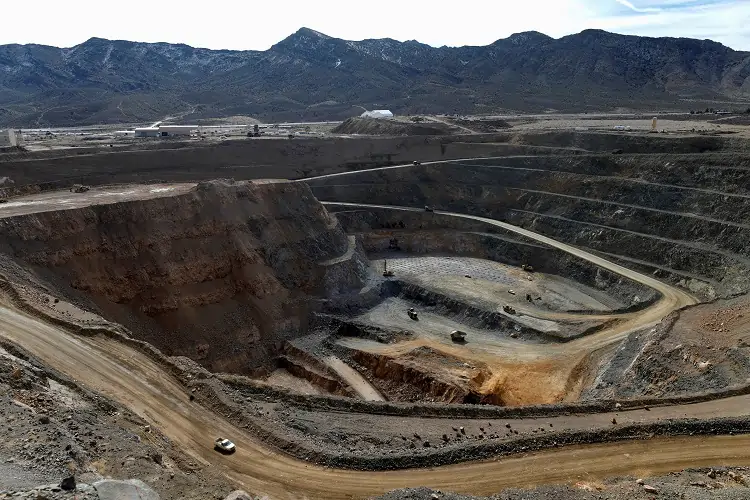
(Reuters) – BMW and Yamaha Motor have invested in U.S.-based rare earths processing startup Phoenix Tailings, the latest move by manufacturers to boost production of the strategic metals outside of China.
Rare earths are a group of 17 metals used to make magnets that turn power into motion for electric vehicles, cell phones and other electronics.
The existing standard to refine these minerals, known as solvent extraction, is an expensive and dirty process that gradually became unpopular in the United States after it was developed in the 1950s but one that Chinese rivals have spent the past 30 years mastering.
Beijing has taken steps in recent months to curb exports, a move that has fueled a scramble across the West for replacement technologies. Phoenix says its process can produce rare earths from mined ore or recycled equipment with little to no emissions.
BMW and Yamaha’s venture capital investment divisions are among several investors – including venture capital funds Envisioning Partners, MPower and Escape Velocity – in Phoenix’s $43 million Series B funding round, which closed on Dec. 20, Phoenix CEO Nick Myers told Reuters in an interview.
Phoenix declined to disclose each investor’s funding.
The company will use the funding to build a $13 million facility in Exeter, New Hampshire, that can produce 200 metric tons of rare earths annually and should open by June 2025, Myers said.
The remaining funding will be used for research, engineering and business development.
The Massachusetts-based company, which has 33 employees, says it has signed supply contracts worth more than $100 million, although it declined to say with whom. If the Exeter facility is successful, Phoenix plans to build larger processing facilities elsewhere in the U.S.
That could help the company achieve its goal of going public within three to five years, Myers said.
MP Materials and Lynas Rare Earths are two of the largest non-Chinese rare earths miners and processors, although both have struggled amid Chinese competition.
Myers said he believes Phoenix can succeed because it does not operate a mine. The company is applying for U.S. government loans and grants.
Myers added that he believes Donald Trump, who will become U.S. president on Jan. 20, will be a “very strong benefit for onshoring manufacturing” and critical minerals companies.
Phoenix closed a $10 million Series A funding round in August 2021.
(Reporting by Ernest Scheyder; Editing by Susan Fenton)


